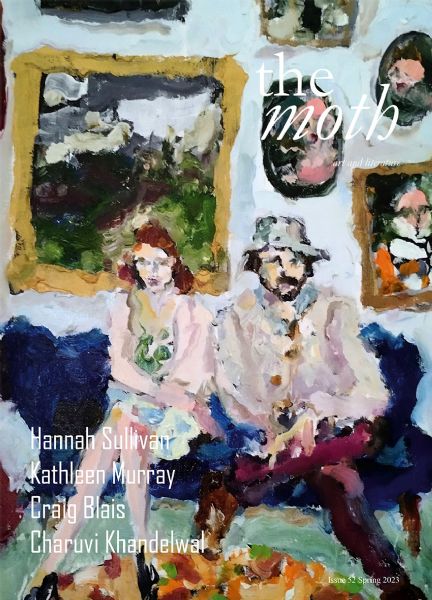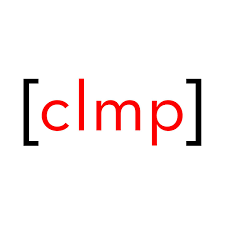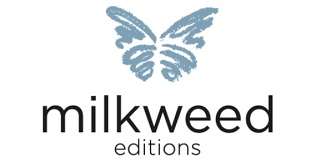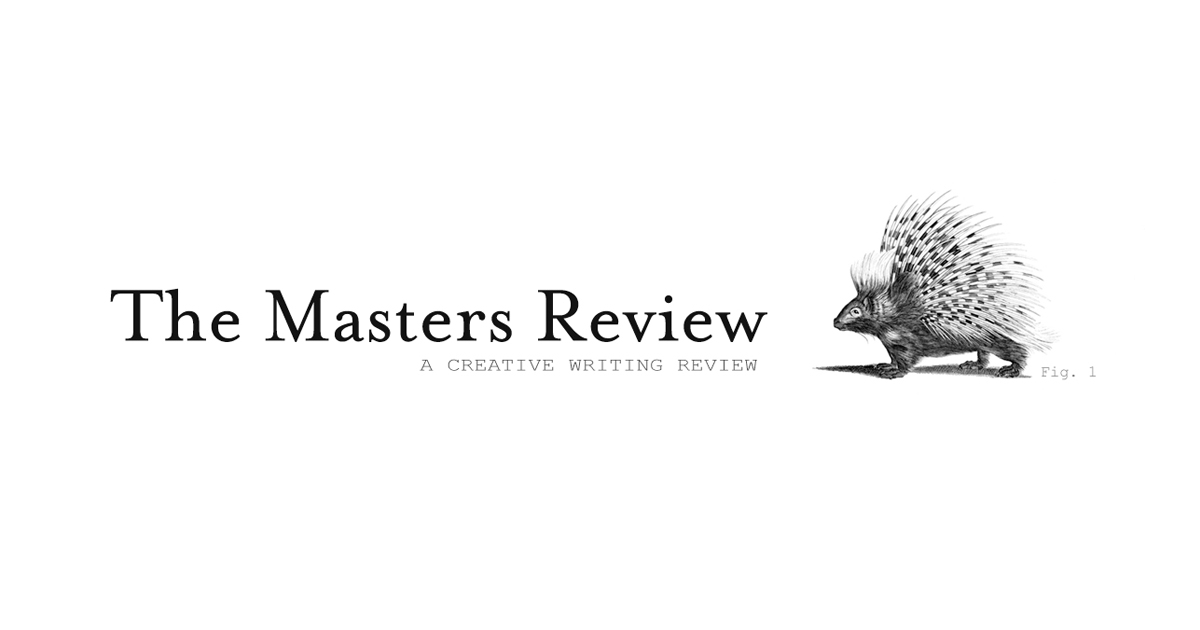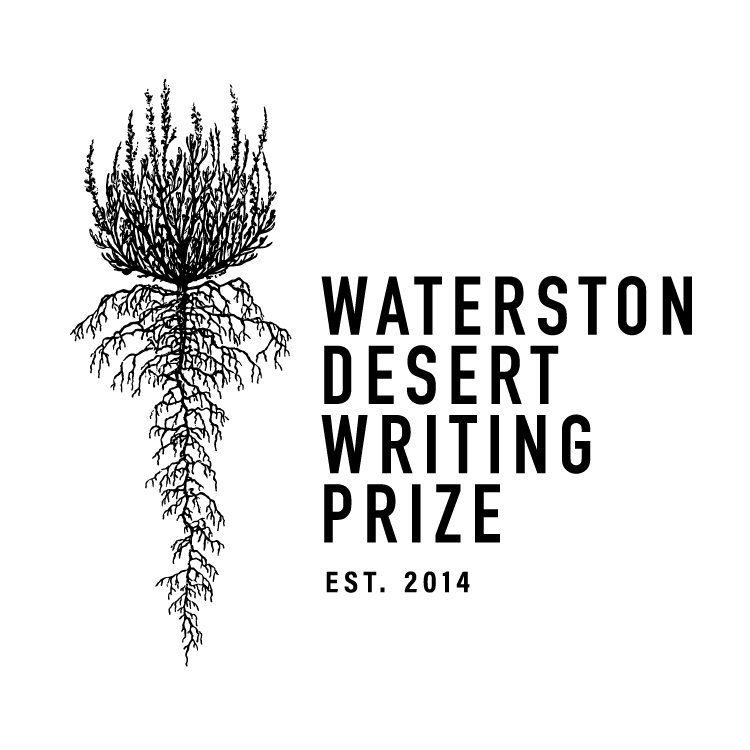Spring is in full swing: Give your writing the chance to bloom by submitting to contests with a May 15 deadline. Prizes include $5,000 for a debut novel set in the American South; $1,000 for a single poem; and $15,000 for women, transgender, and/or otherwise gender-nonconforming poets, fiction writers, and creative nonfiction writers in the Philadelphia area who have been creating art for social change. All prizes have a cash award of $1,000 or more, and two have no entry fee. Good luck, writers!
Academy of American Poets
James Laughlin Award
A prize of $5,000 is given annually for a second book of poetry by a living poet to be published in the coming calendar year. The winner also receives an all-expenses-paid weeklong residency at the Betsy Hotel in Miami Beach, Florida. Copies of the winning book are distributed to members of the Academy of American Poets. Entry fee: None.
Academy of American Poets
Lenore Marshall Poetry Prize
A prize of $25,000 is given annually for a poetry collection by a living poet published in the United States during the previous year. The winner also receives a 10-day residency, free of charge, at the Glen Hollow cottage in Naples, New York. Copies of the winning book are distributed to members of the Academy of American Poets. Entry fee: $75.
American Poetry Review
Stanley Kunitz Memorial Prize
A prize of $1,000 and publication in American Poetry Review is given annually for a single poem by a poet under the age of 40. Multilingual submissions are eligible, provided one of the languages is English. The editors will judge. Entry fee: $15.
Crook’s Corner Book Prize Foundation
Book Prize
A prize of $5,000 is given annually for a debut novel set in the American South. The author may live anywhere, but eligible novels must be set primarily in Alabama, Arkansas, Florida, Georgia, Kentucky, Louisiana, Maryland, Mississippi, North Carolina, Oklahoma, South Carolina, Tennessee, Texas, Virginia, West Virginia, or Washington, D.C. Self-published books are eligible, but books available only as e-books are not. Wiley Cash will judge. Entry fee: $35.
Gaudy Boy
Poetry Book Prize
A prize of $1,500 and publication by Gaudy Boy, an imprint of the New York City–based literary nonprofit Singapore Unbound, is given annually for a poetry collection by a writer of Asian heritage residing anywhere in the world. Divya Victor will judge. Entry fee: $10.
Leeway Foundation
Transformation Awards
Awards of $15,000 each are given annually to women, transgender, and/or otherwise gender-nonconforming poets, fiction writers, and creative nonfiction writers in the Philadelphia area who have been creating art for social change for five or more years. Writers who have lived for at least two years in Bucks, Camden, Chester, Delaware, Montgomery, or Philadelphia counties, who are at least 18 years of age, and who are not full-time students in a degree-granting arts program are eligible. Entry fee: None.
Lost Horse Press
Idaho Prize for Poetry
A prize of $1,000, publication by Lost Horse Press, and 20 author copies is given annually for a poetry collection by a U.S. poet. Entry fee: $28.
Pittsburg State University
Cow Creek Chapbook Prize
A prize of $1,000, publication by Pittsburg State University, and 25 author copies is given annually for a poetry chapbook. Chad Abushanab will judge. Entry fee: $15.
Ploughshares
Emerging Writer’s Contest
Three prizes of $2,000 each and publication in Ploughshares are given annually for a poem or group of poems, a short story, and an essay. Each winner also receives a consultation with the literary agency Aevitas Creative Management. Writers who have not published a book or a chapbook with a print run of over 300 copies are eligible. Entry fee: $24.
Regal House Publishing
Fugere Book Prize
A prize of $1,000 and publication by Regal House Publishing will be given annually for a novella. The editors will judge. Entry fee: $25.
Visit the contest websites for complete guidelines, and check out the Grants & Awards database and Submission Calendar for more contests in poetry, fiction, creative nonfiction, and translation.





